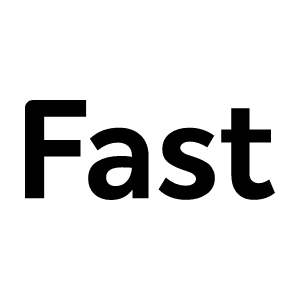San Francisco-based e-commerce checkout fintech Fast has shut down.

Former Fast CEO Domm Holland
The one-click checkout site was founded by Domm Holland and Allison Barr Allen in 2019 and set out to make buying and selling online “frictionless for everyone”.
In a public statement announcing its closure, Fast CEO and co-founder Domm Holland says: “Sometimes trailblazers don’t make it all the way to the mountain top. But even in those situations, they pave a way that all others will follow.”
In an email to employees first reported by Business Insider, Holland says despite the company making “great strides” in its mission to democratise commerce, “we have made the difficult decision to close our doors”.
Holland says that despite considering raising additional funding or initiating layoffs, Fast no longer has the financial resources to continue operating the business.
“This means that all team members will no longer have roles with Fast and Fast’s brand and products will be retired. The Fast checkout button will also be removed from customer sites,” he adds.
The “vast majority”, Holland says, of Fast’s engineers have been given the opportunity to move to buy now, pay later (BNPL) fintech Affirm.
Affirm has partnerships with 60% of US e-commerce and roughly $3 billion in cash on its balance sheet, “and they need more engineers to support their continued growth and product roadmap”, Holland says.
Although the company does not intend to move into the one-click checkout business, an Affirm spokesperson says: “With Fast winding down its operations and discontinuing its brand and products, we saw another opportunity to invite a great technology team to join us.”
The news that Fast was closing its doors for the last time was first reported by The Information. The publication reported earlier this year that Fast generated just $600,000 in revenue in 2021 as it burned through $10 million a month.
The fintech had previously raised a $20 million Series A led by Stripe in March 2020 and a $102 million Series B in November 2020, which saw its valuation skyrocket to more than $1 billion.
Credit: Source link


Comments are closed.